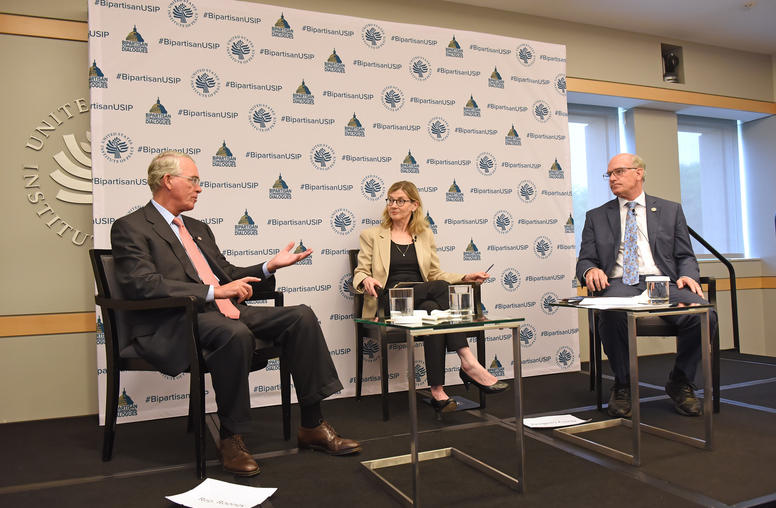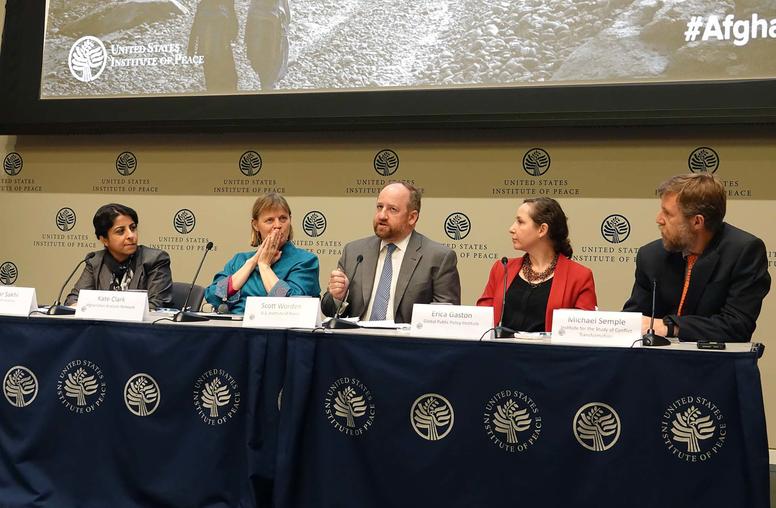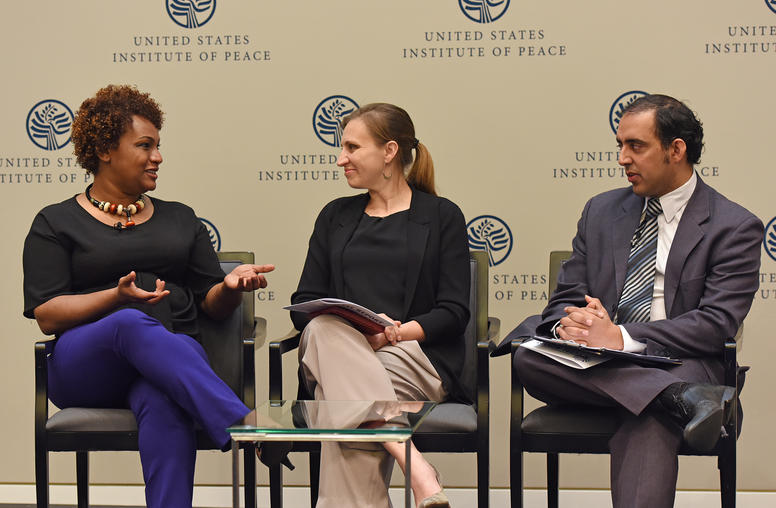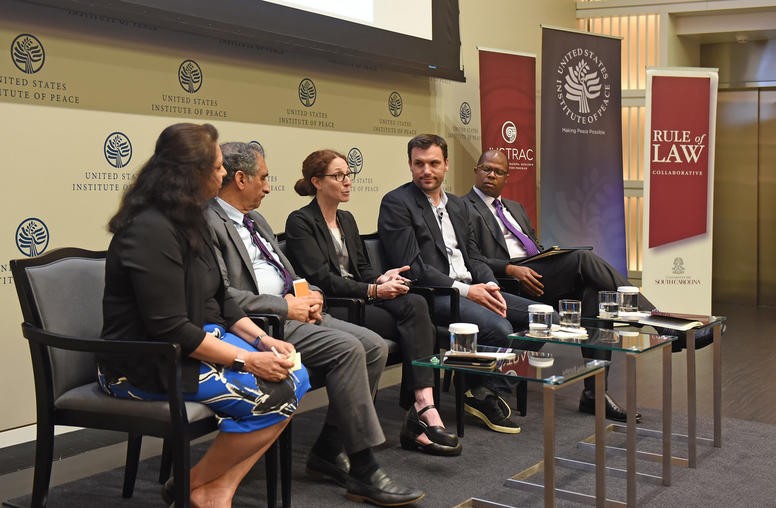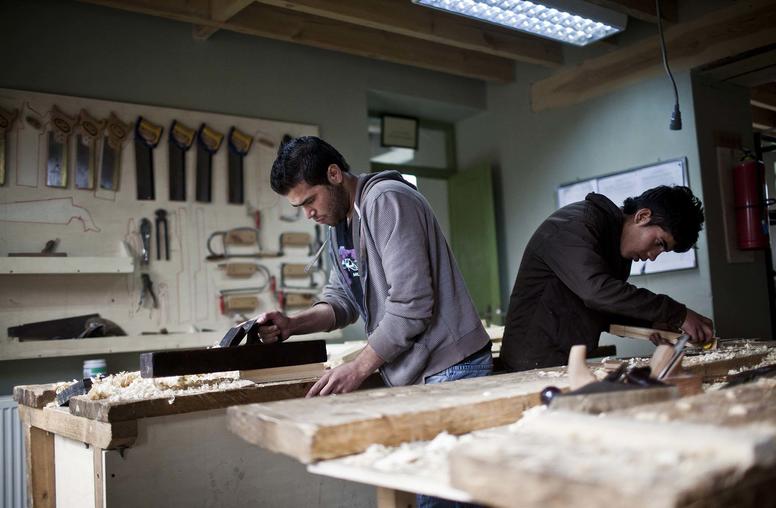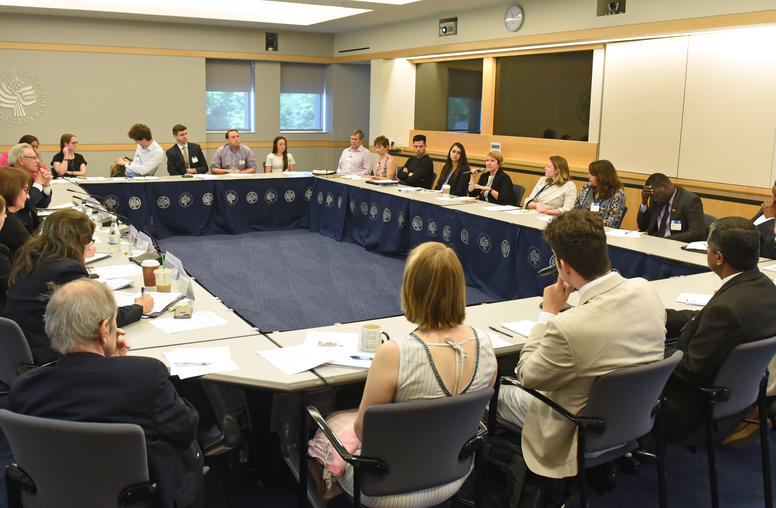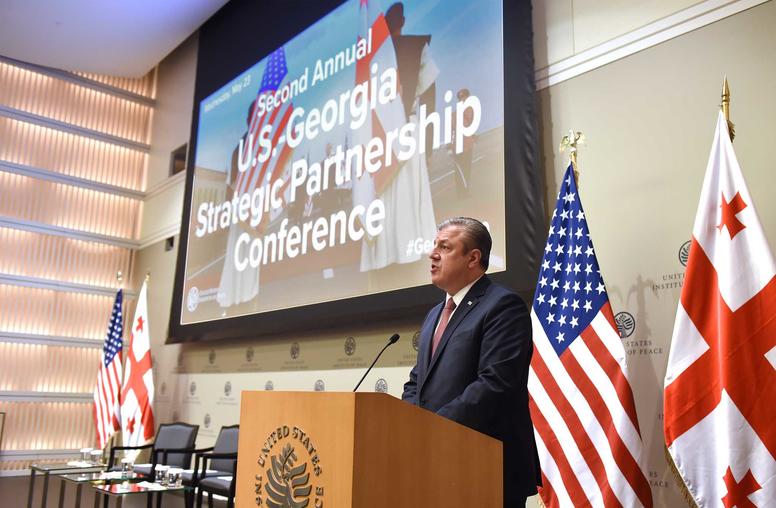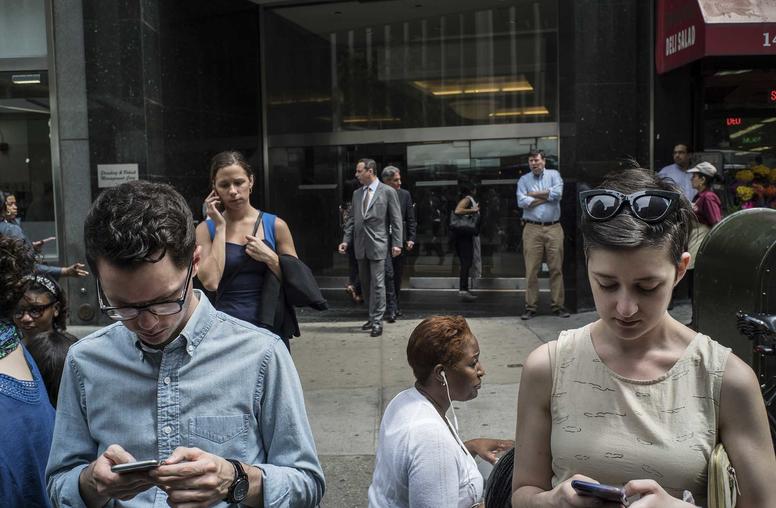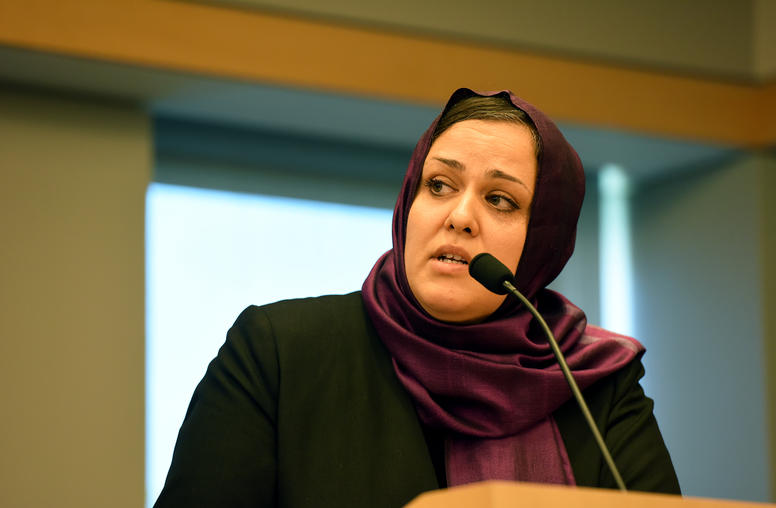
Mapping the Role of Religion in Fragile States
From Grand Ayatollah Ali al-Sistani’s influence in the Iraqi elections to the involvement of religious actors in South Sudan’s peace process, the role of religion in conflict zones continues to dominate headlines. Please join field researchers and U.S. Institute of Peace experts on June 26, as they present an approach for mapping the role of religious actors and institutions to better understand their legitimacy and influence in contributing to peace and conflict, exploring findings from three recent mappings from Libya, South Sudan, and Iraq based on work from the field.
